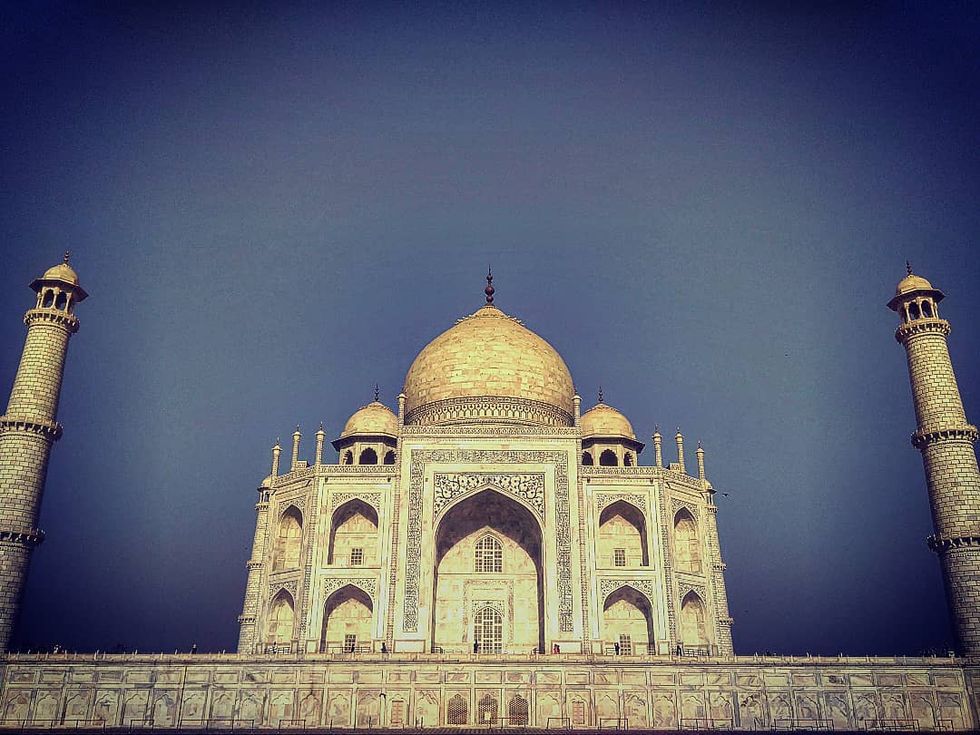When I first arrived at Emory, all I had ever known was a small-town environment with a strong Christian community, specifically Methodist and Baptist. I had only met one Jewish family in my entire life, and there were very few Buddhists and Hindus within my school and city. Additionally, Atheists were far and in-between. One can imagine how culturally shocked and confused I felt when I arrived at Emory and the campus was a melting pot of cultures, religions, ethnicities, and backgrounds alike.
Religion is an aspect of my life that has remained fairly constant during my formative years, and now my views on it are dynamic and change very often. A drugs and religion course that I took this semester, as well as my interactions with peers, professors, and natives from the greater Atlanta area have all introduced me to a wide-range of religious perspectives.
One aspect of religion that has really changed the way I view my own religion along with others’, is the differing degrees in which people choose to follow a set of beliefs or worship a higher power/entity.
Throughout the semester, I have come to realize that religion is not the same for any two people, in that one person may choose to follow their religious practices daily while another person follows theirs as needed, which may be weekly, monthly, or even yearly.
These differences are attributed to personal needs in an individual, which again, cannot be the same for any two individuals.
Also, as seemed to be the main purpose of the drugs and religion course that I took, it showed me that religion defines how a person views and interacts with different parts of his or her environment: drugs, and even diet, relationships, and education. With the example of drugs, I know that in a traditional, strict Christian home, no form of non-prescription drug use is typically tolerated- and one’s body is viewed as a temple so it should be treated as such.
However, some religions, such as certain sects of Hinduism, view drugs as sacred pathways to a more whole, spiritual, and fulfilling connection with oneself. Despite how a being views drugs based on their religious affiliation, I have come to understand over the period of this course that there is no “right” way to dictate and legalize the use of drugs.
From this point of view, I have come to realize that religion affects more than just societal beliefs and worship, but it indirectly affects people’s views on important issues across the world.
This, in turn, impacts people’s voting, and governmental decisions as citizens.
As a result of my exposure at Emory, religion has become much more to me than the simple definition of God and church that I was raised by as a child. Although I am still a Christian who chooses not to use drugs, that does not mean that others choose this same lifestyle.
Ultimately, I have come to know my definition of religion as this: different. And everyone who I come in contact with throughout my life will ironically have this same definition for their own religion: different.






























